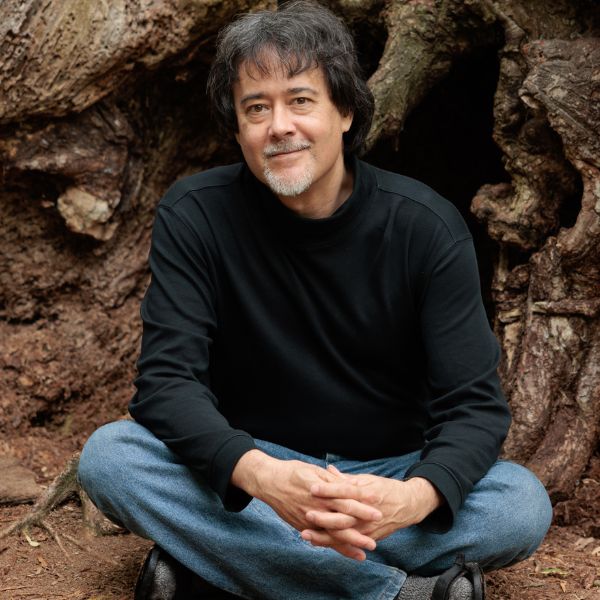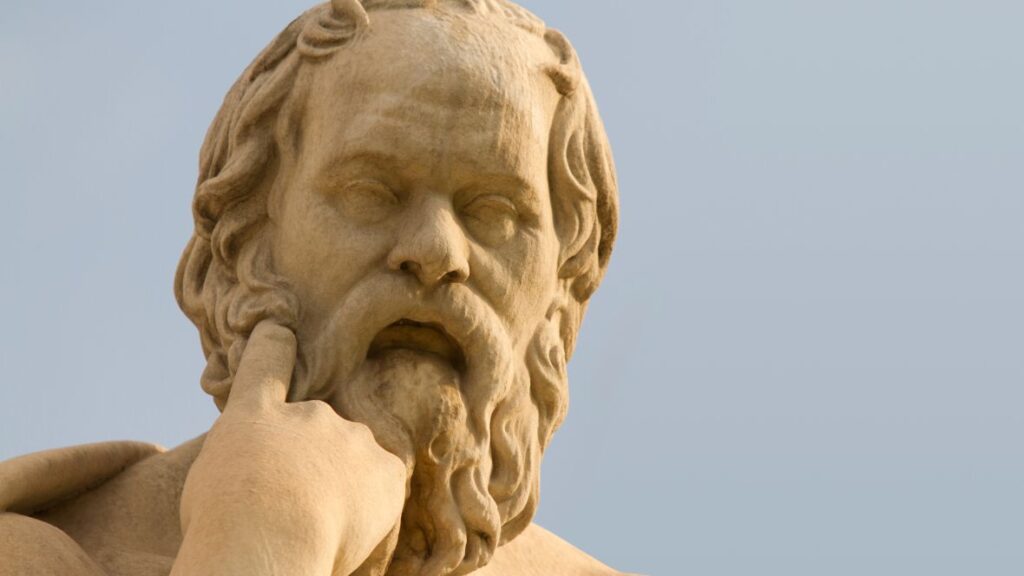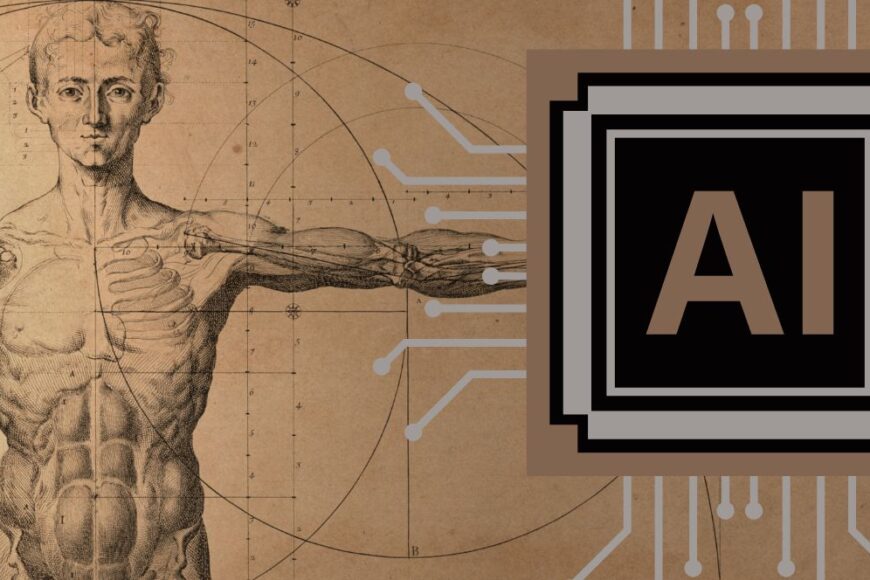Written by Dr. John Sanbonmatsu, Guest Writer
Dr. John Sanbanmatsu, Professor of Philosophy at Worcester Polytechnic Institute in Massachusetts, is the author of The Omnivore’s Deception: What We Get Wrong about Meat, Animals, and Ourselves. Before earning his Ph.D. at the University of California, Santa Cruz, he worked at WolfBrown. Under the stage name Magician Méliès, he also performs award-winning magic and mentalism professionally.

Nearly twenty-five hundred years ago, the Greek philosopher Socrates was put on trial for questioning the received wisdom of his society and for teaching young men to do the same. During his defense, Socrates turned the tables on the Athenians, asking them: “Are you not ashamed of caring so much for the making of money and for fame and prestige, when you neither think nor care about wisdom and truth and the improvement of your soul?”
After listening with mounting impatience to Socrates’ defense of the “examined life,” Socrates’ peers first found him guilty, then sentenced him to death.
An education in the humanities—that is, an education whose aim is the moral and intellectual development of the individual—will be seen as vital only to a society that values deep human understanding and truth. To a society that, instead, values wealth and power above all other goods, a humanities education will at best be seen as irrelevant, and at worst as a threat to the stability of the established order. Since Socrates’ death, those championing the humanities have at times, like him, been deemed enemies of the state.

Today, the humanities are being dismantled. Federal and state authorities, along with private institutions, are defunding or abolishing programs in the humanities, as well as targeting allied fields like women’s studies, sociology, and Black studies. Academic freedom is under attack. Meanwhile, literacy rates are falling, and fewer men and boys, we learn, are reading books of fiction.
Now a new technology threatens the remnants of critical thought. Since ChatGPT was unleashed a couple of years ago, professors have struggled to hold the line against the use of AI in higher education. Why should a student “waste” ten hours formulating and writing an original essay on Kantian ethics, say, or Simone de Beauvoir’s feminism, when ChatGPT can spit out a B+ quality paper on those topics in ten seconds?
I tell my students that when they rely on a machine to do their thinking for them, they miss the opportunity to develop an autonomous self, one capable of independent judgment. As philosopher Troy Jollimore observes, only when a student encounters the friction involved in working through an idea or argument do they “begin to grasp that thinking well, and in an informed manner, really is different from thinking poorly and from a position of ignorance.” Students nonetheless resist our efforts to help them learn, in the same way that the prisoners chained in the cave in Plato’s famous allegory resist being liberated. Our job is to coax them out of the cave.
Alas, fewer and fewer students are resisting the siren call of AI. Rather than risk the challenge of learning on their own, they are choosing to rely on a machine, even when it means submitting dishonest work. In my philosophy class last term, one in five students used AI to cheat on their final papers. Ironically, we had just finished discussing the trial and death of Socrates and the importance of living a moral life.
I do not know the solution to the crisis of the humanities. What I do know is that intellectual autonomy and a capacity for genuine self-examination are among the most precious of the goods that the humanities bring. And it is up to us to defend them.


